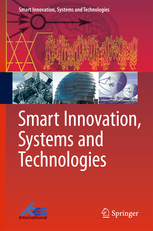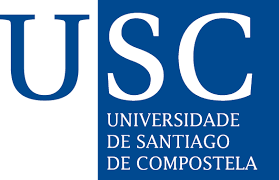The Conference Program is available for download here: http://www.icmarktech.org/Programicmarktech22.pdf
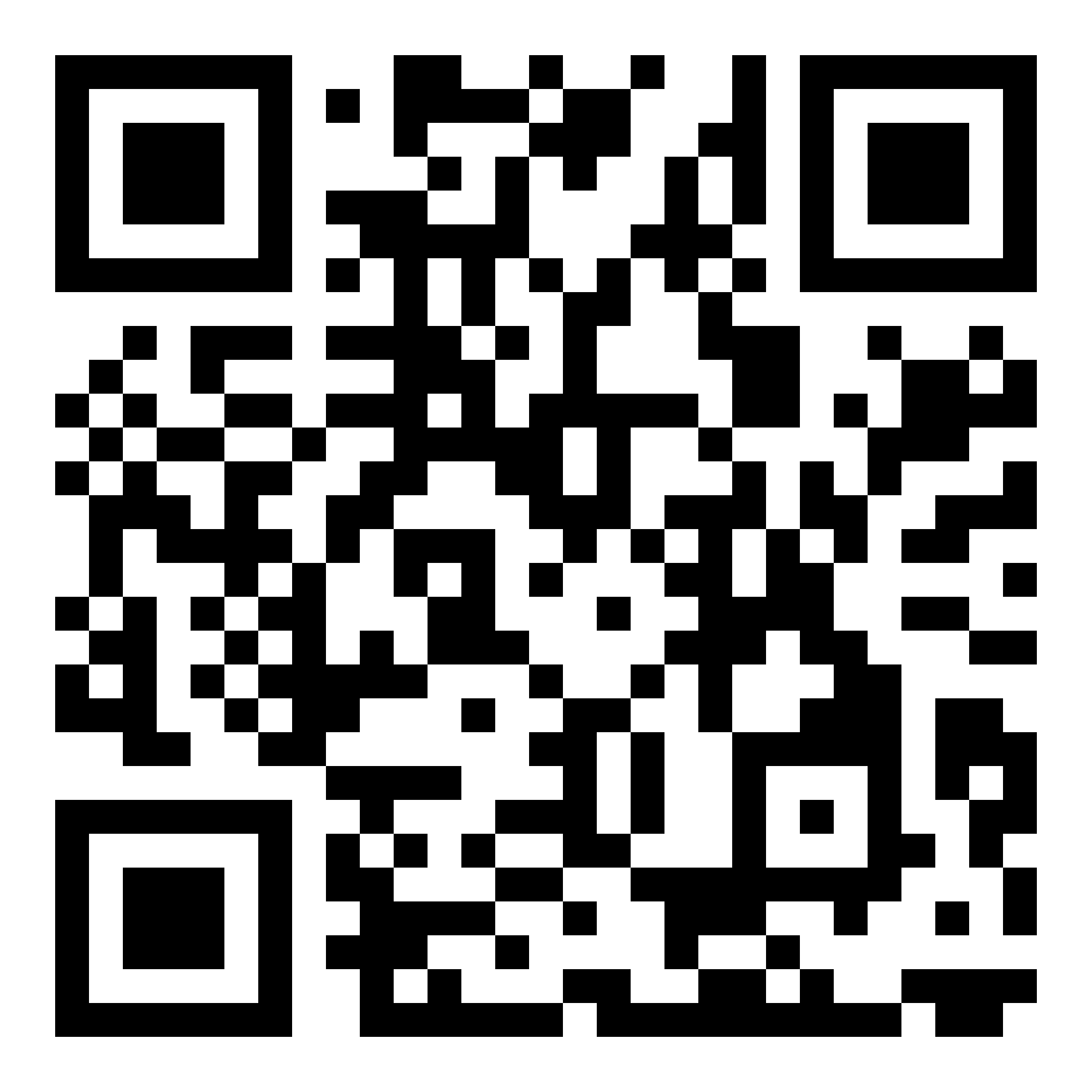
V WBDBI 2022 – 5th Workshop on Big Data and Business Intelligence.
WorkShop system for submissions
Description:
The increasing use of information and communication technologies that are based on Big Data and Business Intelligence, in our lives, and the big volumes of data that the companies and governments have to face, have raised multiple challenges to researchers. Our community will have to provide answers to questions like: What are the good solutions to manipulate and analyze large data sets? What are the appropriate mechanisms to transmit these data from one site to another? ...
Data is becoming an increasingly decisive resource in modern societies, economies, and governmental organizations. Data science inspires novel techniques and theories drawn from mathematics, statistics, information theory, computer science, and social science. It involves many domains, such as signal processing, probability models, machine learning, data mining, database, data engineering, pattern recognition, visualization, predictive analytics, data warehousing, data compression, computer programming, etc.
High Performance Computing typically deals with smaller, highly structured data sets and huge amount computation. Data Science has emerged to tackle the problem of creating processes and approaches to extracting knowledge or insights from gigantic, unstructured data sets.
Networks Communications allow interconnections and exchange of information among various types of nodes ranging from humans, natural sites to computers. Indeed, the heterogeneous character of these ubiquitous connections brings forward the use of complex network technologies and theories.
Participants may submit papers on the following topics.
- Big Data Intelligence
- Big Data and Data Science
- Big Data Modeling, Storage, Management, and Analytics
- Ad hoc and Pervasive Networks
- Cloud, Cluster, Grid and Social Computing
- Intelligent Systems for Networking Systems and IoT
- Intelligent Traffic and Transportation Systems
- Emerging Pervasive/Ubiquitous Technologies
- Intelligent Systems for Information and System Security
- Mobile Computing and Wireless Communications
- Semantic Web Technologies
Important dates:
Deadline for article upload: September 22, 2022.
Acceptance notification: September 30, 2022.
Registration: October 15, 2022.
Conference: December 1-3, 2022.
Organizers:
- Yousef Farhaoui, FST-UMI, Errachidia, Morocco
- Mourade Azrour, FST-UMI, Errachidia, Morocco
Academic coordination:
- Yousef Farhaoui, FST-UMI, Errachidia, Morocco
- Mourade Azrour, FST-UMI, Errachidia, Morocco
- Mohammed Fattah, EST, UMI, Meknes, Morocco
- Badraddine Aghoutane, FS, UMI, Meknes, Morocco
Organizing Committee:
- Mohammed Fattah, EST, UMI, Meknes, Morocco
- Badraddine Aghoutane, FS, UMI, Meknes, Morocco
- Bharat Bhushan, Dept. of CSE, Birla Institute of Technology, Mesra, Ranchi, Jharkhand, India
Scientific Comittee:
- Adélio Manuel Rodrigues Gaspar, University of Coimbra, Portugal
- Asimi Ahmed, FS-UIZ, Agadir, Morocco
- Nuno Varandas, F6S (Where Founders Grow Together), Portugal
- Zouhaier Brahmia, University of Sfax, Tunisia
- Al-Sakib Khan Pathan, Southeast University, Bangladesh
- Athanasios V. Vasilakos, Lulea University of Technology, Sweden
- Alberto Cano, Virginia Commonwealth University, USA
- Jawad Berri Sonatrach - Algerian Petroleum and Gas Corporation, Saudi Arabia
- Dr.T Venkat Narayana Rao, Sreenidhi Institute of Science and Technology, Hyderabad, T.S, India
- Mohd Nazri Ismail, University: National Defence University of Malaysia (NDUM), Malaysia
- Gustavo Rossi. Lifia, Facultad de Informatica, Universidad Nacional de La Plata, Argentina
- Arockiasamy Soosaimanickam, University of Nizwa, Sultanate of Oman
- Aksasse Brahim, FST-UMI Errachidia, Morocco
- Rabie A. Ramadan, Cairo University, Egypt
- Salem Benferhat, CRIL, CNRS-University of Artois, France
- Maryam Khademi, Islamic Azad University, Iran
- Zhili Sun - University of Surrey, UK
- Wroclaw University of Science and Technology, Poland
- Ammar Almomani, Al- Balqa Applied University, Jordan
- Mohammad Mansour Alauthman, Zarqa University, Jordan
- Muttukrishnan Rajarajan, University of London, United Kingdom
- Antonio Pescape - University of Napoli, Italy
- Hamada Alshaer - The University of Edinburgh, UK
- Paolo Bellavista, DISI - University of Bologna, Italy
- Mohamed Najeh Lakhoua, ENICarthage, University of Carthage, Tunisia
- Ernst L. Leiss, University of Houston, Houston Texas USA
- Mehdi Shadaram, University of Texas at San Antonio, USA
- Lennart Johnsson, Univ of Houston, USA
- Ouanan Mohammed, FST-UMI Errachidia, Morocco
- Nouhad Rizk,Houston university, USA
- Mohammed Redjimi, University 20 Aout 1955 - Skikda, Algeria
- Jaime Lloret Mauri, Universidad Politécnica de Valencia, Spain
- Amine Dahane, University of Sciences and Technology of Oran, Algeria
- JanuszKacprzyk, Systems Research Institute Polish Academy of Sciences in Warsaw, Poland
- Mahmoud Al-Ayyoub, University: Jordan University of Science and Technology, Jordan
- Houbing Song, West Virginia University, USA
- Mohamed Béchir Dadi,University of Gabès,Tunisia
- Amel Ltifi, University of Sfax, Tunisia
- Mohamed Slim Kassis, University of Tunis, Tunisia
- FARHAOUI Yousef, FST-UMI Errachidia, Morocco
- Sebastian Garcia, Czech Technical University in Prague, Czech Republic
- Kechar Bouabdellah, University of Oran 1 Ahmed Ben Bella, Algeria
- Asimi Younes, EST-Guelmim-UIZ, Agadir, Morocco
- Souraya Hamida, university of Mostefa Ben Boulaid Batna 2, Algeria
- Khalid EL ASNAOUI, Mohammed VI Polytechnic University Ben Guerir, Morocco
- Lamiche Chaabane, Computer science department, M'sila university, Algeria
- Samaher Al_Janabi, Faculty of Science for Women, University of Babylon, Iraq
Partners
 |
III WDMB 2022 – 3rd Workshop Digital Marketing and Branding
WorkShop system for submissions
Description:
This workshop calls for research revolving around digital marketing and / or branding. Papers at the intersection of these two domains are especially welcome and we incentivize authors to take the overarching conference theme of technology in consideration in their submissions.
We aim at bringing together scholars interested in the ever-evolving dynamics of the digital world and their impact in marketing and branding theories and practices. An up-to-date knowledge on digital marketing and branding is essential to tackle the broader challenges that come together with connectivity, globalization, and the increasing use of technology in the management of organizations and in the markets.
Papers from marketing and other management areas are welcome. There are no paradigmatic or methodological preferences but papers should meaningfully advance current knowledge.
Participants may submit papers on the following topics.
- Digital Marketing Research
- Digital Marketing Strategies
- Digital Content Marketing
- Search Engine Optimization Strategies
- Mobile Marketing Strategies and the Influence on Customer Decision-making
- Social Network Sites and Social Media Marketing
- Digital Influencers
- Digital Consumers and eWOM
- Branding in the Digital Age
- Branding and Strategy
- Brand Online Experience
- Luxury Brands' Online Strategies
- Branding and Design
- E-commerce Branding
- Other topics converging with the workshop theme
Important dates:
Deadline for article upload: September 22, 2022.
Acceptance notification: September 30, 2022.
Registration: October 15, 2022.
Conference: December 1-3, 2022.
Organizers:
- Sandrina Francisca Teixeira (Politécnico do Porto. Instituto Superior de Contabilidade e Administração do Porto)
- Fernando Pinto Santos (IPAM - Portuguese Marketing Institute)
- Carlos Sá, (IPAM - Portuguese Marketing Institute), Lisbon
Academic coordination:
- Carlos Brito (Faculdade de Economia da Universidade do Porto, Portugal)
- Paulo Lencastre (Catholic University, Portugal)
- José Freitas Santos (CEOS.PP - Polytechnic of Porto, Portugal)
- Patricia Núñez Gómez (Complutense University of Madrid, Spain)
- Clotilde Perez (São Paulo University, Brazil)
Scientific Comittee:
- Ana Patrícia Lima (CEOS.PP - Polytechnic of Porto, Portugal)
- Arnaldo Coelho (Coimbra University, Portugal)
- Beatriz Casais (University of Minho, Portugal)
- Belém Barbosa (Aveiro University, Portugal)
- Carlos de Mello Brito (Porto university, Portugal)
- Cristela Bairrada (Coimbra University, Portugal)
- Daniel Martí Pellon (Vigo University, Spain)
- Filipe Coelho (Coimbra University, Portugal)
- Filipe Rodrigues (Lusófona University, Portugal)
- Helena Nobre (Aveiro University, Portugal)
- João Costa(Coimbra Business School, Portugal)
- Jorge Remondes (ISVOUGA, Portugal)
- José Freitas Santos (CEOS.PP - Polytechnic of Porto, Portugal)
- José Santos (CEOS.PP - ISPGaya, Portugal)
- Madalena Abreu (Coimbra Business School, Portugal)
- Miikka J. Lehtonen (Institute of Design and Innovation, Dubai)
- Miriam Salomão (IPAM, Portugal)
- Patricia Núñez Gómez (Complutense University of Madrid,Spain)
- Paula Arriscado (IPAM, Portugal)
- Paulo Cardoso (Fernando Pessoa University, Portugal)
- Paulo Lencastre (Catholic University, Portugal)
- Pedro Malta (NOVA University, Portugal)
- Ricardo Cayolla (IPAM, Portugal)
- Ricardo Melo (CEOS.PP - Polytechnic of Porto, Portugal)
Partners
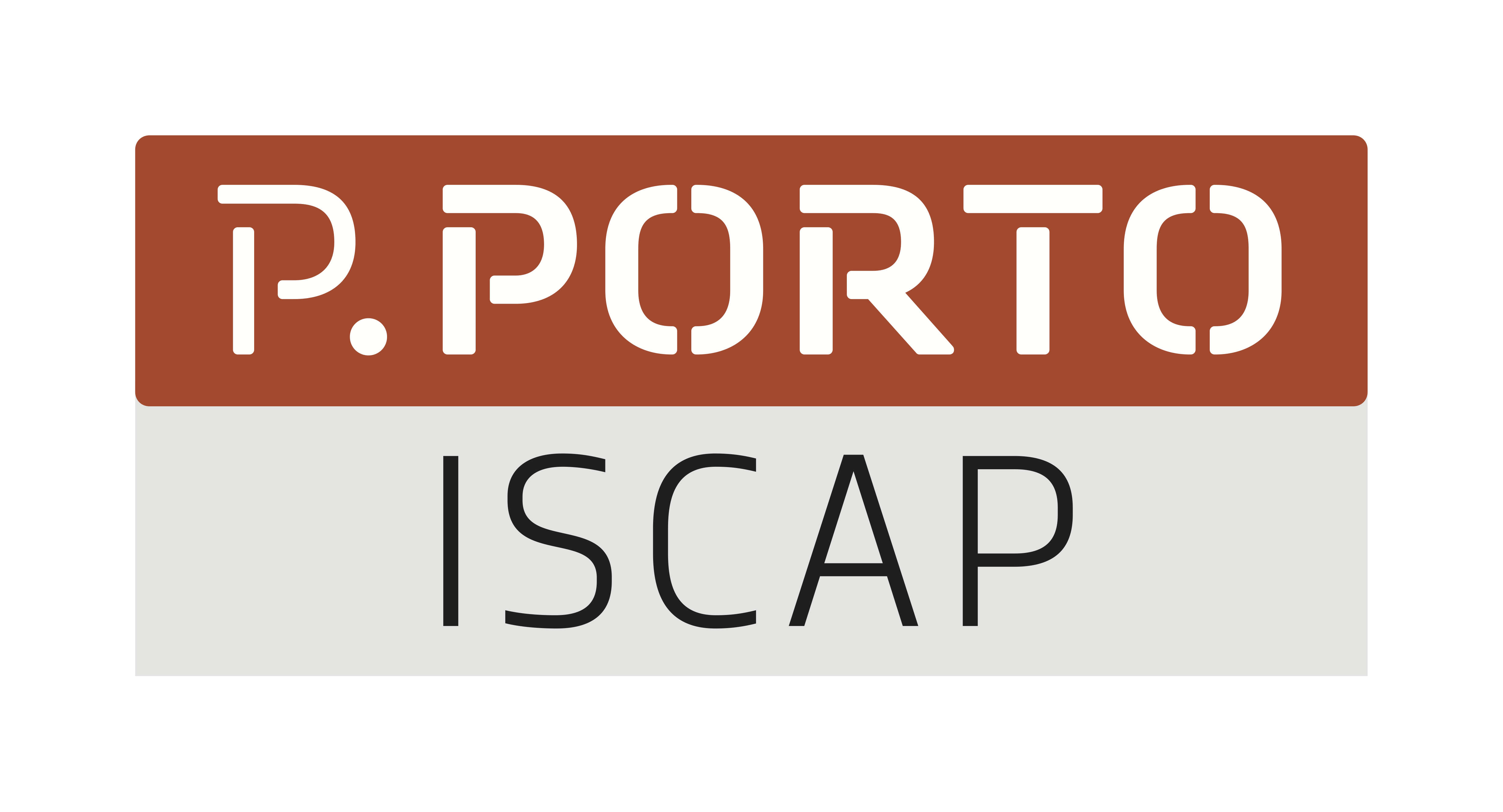 |
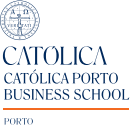 |
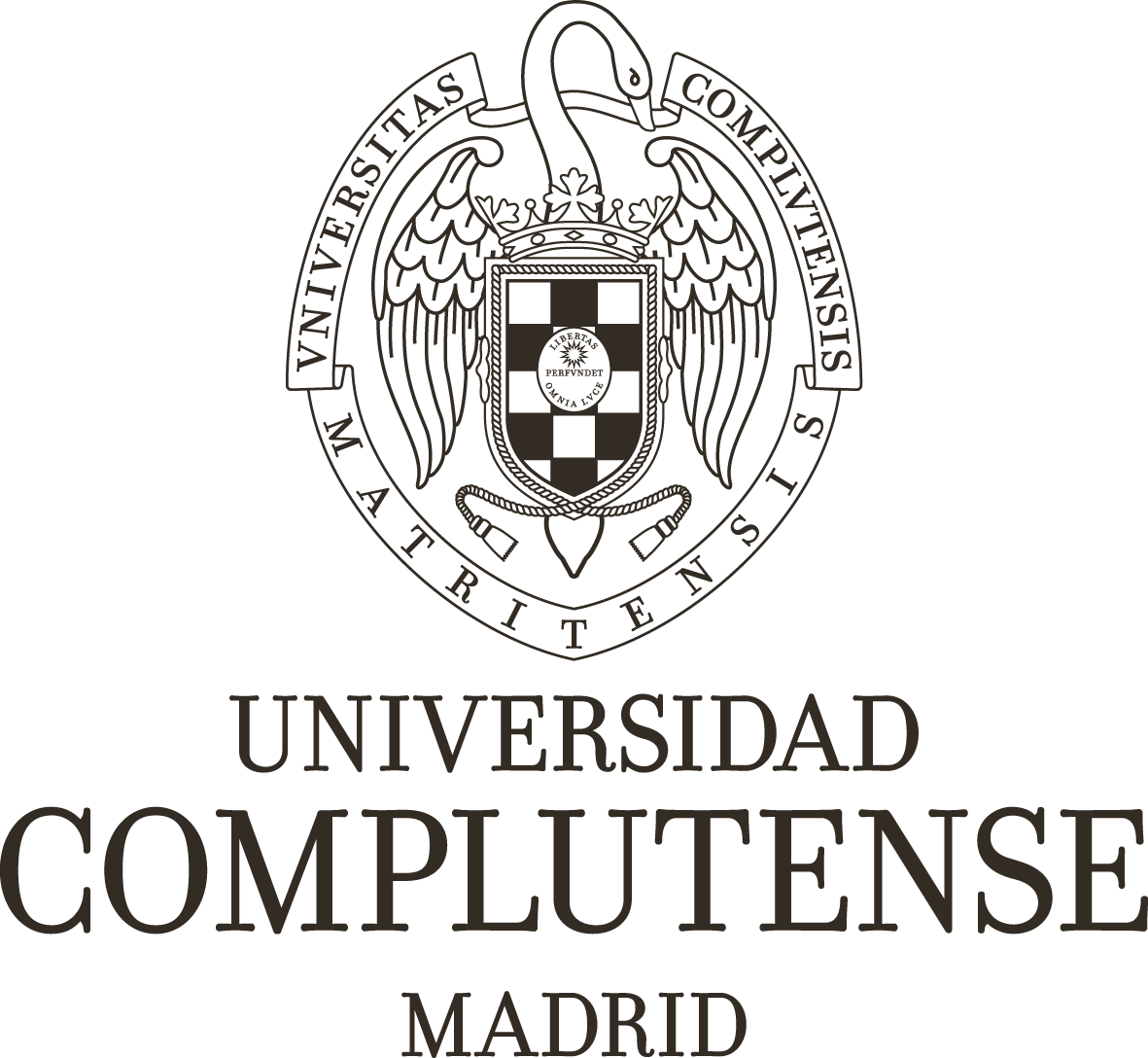 |
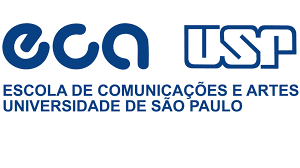 |
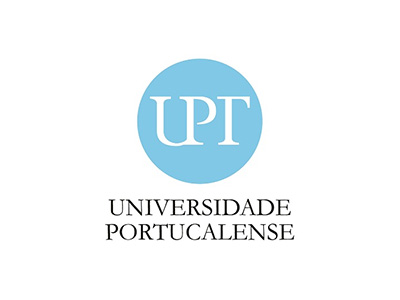 |
III BMASmartC 2022 – 3rd Workshop on Innovative Business Models and Applications for Smart Cities
WorkShop system for submissions
Description:
This workshop calls professionals, academics and researchers to send their work in the field of innovative business models, marketing strategies and IT applications for development of smart cities. Due to urban population growth and rapid urbanization all over the world, it is essentially important to build harmony among the spatial, social, economic and environmental aspects of a city and their citizens. This synergy can be established with development of smart cities with the following aims: making life easier for the citizens by developing smart environments (smart buildings, smart classrooms, smart offices, smart shopping malls, smart manufacture, etc.); making savings in energy consumption using smart grids; reducing environmental pollution (reduction in fuel consumption and emission of harmful gases, smart recycling of waste, reduction of noise pollution); providing more efficient transportation systems; increasing GDP and per capita income; optimizing investments in the smart infrastructure; providing real time services and quick access to government and its policies; enabling healthier, enabling citizen participation, improve democracy and access to culture, and better quality of life in general. Smartness of a smart city is usually based on its six components: smart environment, smart quality of life, smart economy, smart mobility, smart utility services and smart e-government. The main aim of this workshop is development of innovative business models for each of these components of the smart city with focus on using:
- technologies (Internet of Things, mobile technologies, web technologies, cloud computing and big data, blockchain technologies, artificial intelligence, machine learning, virtual reality, augmented reality) for the development of services and applications for the smart cities, and
- marketing strategies for the raising awareness and promoting new services and applications in the smart city.
Participants are invited to submit papers on the following topics.
- Smart city business models
- Innovative marketing strategies for promotion of smart city services
- Smart healthcare services
- Applications of wearable computing
- Innovative business models for environmental pollution management
- Smart grids business models
- Mobile marketing in smart retail
- Smart city real time services
- Smart industry business models
- Innovative business models for intelligent transportation and smart traffic
- Innovative business models for smart urban agriculture
- Innovative business models for smart educational environments
- Crowdsourcing models for smart environments and shared economy
- Crowdsensing services
- Citizen Science / Citizenship 2.0,
- Immersive simulations in smart environments
- AI, VR and AR based business models for smart environments
- Use of blockchain models in Smart cities
- Digital Twin
- Process reengineering in the implementation of electronic public services
- Smart Cities for elderly people (eg: proximity platform, informal caregivers, socialization, shopping, geriatric support, trip adviser of the volunteer for support to the elderly,….)
- Cloud computing, new internal logics, and standards for interoperability in public organizations;
- Culture, Art and Technology
- Use of IoT technologies in central and local public Administration Disruptive Space Technologies and Innovations
Publications of approved works:
In English: Smart Innovation, Systems and Technologies Collection, Springer.
Extended versions selected by the Academic Coordination, possibility of publication in "Data Technologies and Applications" (JCR).
Important dates:
Deadline for article upload: September 22, 2022.
Acceptance notification: September 30, 2022.
Registration: October 15, 2022.
Conference: December 1 - 3, 2022.
Organizers:
- Department for e-business, Faculty of organizational sciences, University of Belgrade (Serbia)
- School of computing, Union University (Serbia)
- NOVA Information Management School (NOVA IMS) - Universidade Nova de Lisboa (Portugal)
Academic coordination:
- Marijana Despotović-Zrakić (Faculty of organizational sciences, University of Belgrade, Serbia)
- Aleksandra Labus (Faculty of organizational sciences, University of Belgrade, Serbia)
- Miloš Radenković (School of computing, Union University, Serbia)
- Vitor Santos (NOVA Information Management School (NOVA IMS) - Universidade Nova de Lisboa, Portugal)
Organizing Committee:
- Dušan Barać (Faculty of organizational sciences, University of Belgrade, Serbia)
- Snežana Popović (School of computing, Union University, Serbia)
- TBD (NOVA Information Management School (NOVA IMS) - Universidade Nova de Lisboa, Portugal)
Scientific Comittee:
- Andrey Igoshin (Nizhny Novgorod State Engineering and Economic University, Russia)
- Anida Zahirović-Suhonjić (International business-information academy - IPI Academy, Tuzla, Bosnia and Hercegovina)
- Arpita Mukherjee (CSIR-Central Mechanical Engineering Research Institute, Durgapur, India)
- Baran Çürüklü (Mälardalen University, Sweden)
- Bob Travica (University of Manitoba, Canada)
- Božidar Radenković (Faculty of organizational sciences, University of Belgrade, Serbia)
- Branka Rodić (Academy for applied studies Belgrade, College of Health Sciences, Serbia)
- Catalin Vrabie (National Uniersity of Political Studies and Public Administration, Romania)
- Danijel Danković (University of Niš, Serbia)
- Danijela Stojanović (Institute of Economic Sciences, Serbia)
- Henrique Mamede (Universidade Aberta, Portugal)
- Jorge Carrola Rodrigues (NOVA Information Management School (NOVA IMS) - Universidade Nova de Lisboa, Portugal)
- Nataša Bojković (Faculty of transport and traffic engineering, University of Belgrade, Serbia)
- Neven Vrček (Faculty of Organization and Informatics, University of Zagreb, Croatia)
- Nina Begićević-Ređep (Faculty of Organization and Informatics, University of Zagreb, Croatia)
- Pedro Malta (NOVA Information Management School (NOVA IMS) - Universidade Nova de Lisboa, Portugal)
- Peter Marton (University of Zilina, Slovakia)
- Radomir Mihajlović (New York Institute of Technology, USA)
- Ravi Kant Jain (CSIR-Central Mechanical Engineering Research Institute, Durgapur, India)
- Sergei Prokhorov (ISPRAS, Russia)
- Sergey Suslov (Nizhny Novgorod State Engineering and Economic University, Russia)
- Svetlana Mitrović (Project management college, Serbia)
- Tatyana Astakhova (Nizhny Novgorod State Engineering and Economic University, Russia)
- Vladimir Brusić (University of Nottingham Ningbo, China)
- Vladimir Soloviev (Financial University under the Government of the Russian Federation, Russia)
Partners
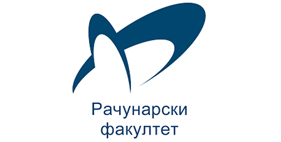 |
 |
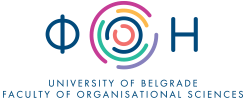 |
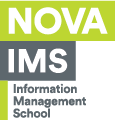 |
 |
I WMACOMTE 2020 – 1st Workshop in Marketing, Consulting, Political Communication and Technologies
WorkShop system for submissions
Description:
This workshop calls to send their work to professionals, academics and researchers in the field of marketing and political communication from the governmental, administrative, institutional or partisan perspective. The development of applied technologies has led to a change in the way of producing, issuing and receiving the message that affects the core form of political marketing. Similarly, in political communication, the conflict between political parties, media and citizens has new scenarios and new competition patterns: the complementarity between videopolitics and cyberpolitics as a way of organizing and distributing the product; the proliferation and dissemination of fakenews that affect the credibility of the exercise of the journalistic profession, especially in electoral times, or the discussion about the effectiveness of citizen participation and its influence on the construction of the agenda.
Participants may submit papers on the following topics.
- Political Communication
- Covid-19, communication, marketing and technology
- Marketing and institutional and government communication
- Consultancy and political-electoral communication
- Institutional communication
- Media, journalism and new technologies
- Organizational communication and institutional marketing
- Neuromarketing and neurocommunication
- Politics and emotions
- Electoral debates
- Digital communication and culture
- Digital social networks
- Cyber culture and youth cultures
- Interactivity and media convergence
- Digital narratives
- Public media policies
- Games in marketing
- Intercultural industry in digital media
- Other topics converging with the theme of the workshop
Publications of approved works:
In English: Smart Innovation, Systems and Technologies Collection, Springer.
In Spanish or Portuguese: RISTI (Scopus)
Extended versions selected by the Academic Coordination, possibility of publication in "Data Technologies and Applications" (JCR).
Important dates:
Deadline for article upload: June 30, 2020
Acceptance notification: July 15, 2020
Registration: July 30, 2020.
Conference: October 8-10, 2020.
Organizers:
- Equipo de Investigaciones Políticas de la Universidad de Santiago de Compostela (España)
- Universidad Politécnica Salesiana (Ecuador)
- Universidad del Rosario (Colombia)
Academic coordination:
- José Manuel Rivera Otero (Universidade de Santiago de Compostela)
- Nieves Lagares Díez (Universidade de Santiago de Compostela)
- Fernando Pesántez Avilés (Universidad Politécnica Salesiana)
- Daniel Barredo Ibáñez (Universidad del Rosario, Colombia)
Organizing Committee:
- Erika Jaráiz Gulías (Universidade de Santiago de Compostela)
- María Pereira López (Universidade de Santiago de Compostela)
- Paulo Carlos López López (Universidade de Santiago de Compostela)
- Jorge Alberto Hidalgo Toledo (Universidad Anáhuac, México)
- Màgda Rodrigues da Cunha (Pontifícia Universidade Católica do Rio Grande do Sul, Brasil)
- Fernando Moscoso Merchán (Universidad Politécnica Salesiana, Ecuador)
- Luis Álvarez Rodas (Universidad Politécnica Salesiana, Ecuador)
- Juan Pablo Salgado (Universidad Politécnica Salesiana, Ecuador)
Scientific Comittee:
- José Manuel Rivera Otero (Universidade de Santiago de Compostela)
- Nieves Lagares Díez (Universidade de Santiago de Compostela)
- Erika Jaráiz Gulías (Universidade de Santiago de Compostela)
- María Pereira López (Universidade de Santiago de Compostela)
- Paulo Carlos López López (Universidade de Santiago de Compostela)
- Alfonso López Rodríguez (Universidade de Santiago de Compostela)
- Ángel Cazorla (Universidad de Granada)
- Iván Puentes Rivera (Universidade da Coruña, España)
- José Rúas Araújo (Universidade de Vigo, España)
- Palmira Chavero Ramírez (FLACSO Ecuador)
- Pablo Escandón (Andina Simón Bolívar, Ecuador)
- Verónica Crespo Pereira (Pontificia Universidad Católica del Ecuador, Sede Ibarra)
- Marco López Paredes (Pontificia Universidad Católica del Ecuador)
- Verónica Yépez Reyes (Pontificia Universidad Católica del Ecuador)
- Verónica Altamirano (Universidad Técnica Particular de Loja)
- Abel Suing (Universidad Técnica Particular de Loja)
- Mónica López Golán (Universidade de Santiago de Compostela)
- Luis Cárcamo Ulloa (Universidad Austral de Chile)
- Camila Cárdenas Neira (Universidad Católica de Temuco, Chile)
- Karen Tatiana Pinto Garzón (Universidad del Rosario, Colombia)
- Víctor Manuel García Perdomo (Universidad de la Sabana, Colombia)
- Jorge Francisco Galán Montesdeoca (Universidad Politécnica Salesiana, Ecuador)
- Daniel de la Garza (Universidad Autónoma de Nuevo León, México)
- María Isabel Villa (Universidad EAFIT, Colombia)
- Elba Díaz-Cerveró (Universidad Panamericana, México)
- Belén Puebla Martínez (Universidad Rey Juan Carlos, España)
- Silvia Maria Vega Saldaña (Universidad de Cádiz, España)
- Narcisa Jessenia Medranda - (Universidad Politécnica Salesiana, Ecuador)
- Nicolás Sumba: (Universidad Politécnica Salesiana, Ecuador)
- Roberto López: (Universidad Politécnica Salesiana, Ecuador)
- Angel Torres-Toukoumidis: (Universidad Politécnica Salesiana, Ecuador)
- Andrés Bayolo (Universidad Politécnica Salesiana, Ecuador)
- Juan Emilio Balás (Universidad Politécnica Salesiana, Ecuador)
- Edgar Xavier Salazar Ojeda (Universidad Politécnica Salesiana, Ecuador)
- Ana Luisa Correa Cabrera (Universidad Politécnica Salesiana, Ecuador)
- Eddy Conde Lorenzo (Universidad Politécnica Salesiana, Ecuador)
- Priscila Vallejo (Universidad Politécnica Salesiana, Ecuador)
- Wendy Luna (Universidad Politécnica Salesiana, Ecuador)
- Andrea de Santis (Universidad Politécnica Salesiana, Ecuador)
- Walter Marquez (Universidad Politécnica Salesiana, Ecuador)
- Fabián Villacrés (Universidad Politécnica Salesiana, Ecuador)
- Jorge Cueva (Universidad Politécnica Salesiana, Ecuador)
- Fermín Galindo Arranz (Universidade de Santiago de Compostela)
Partners
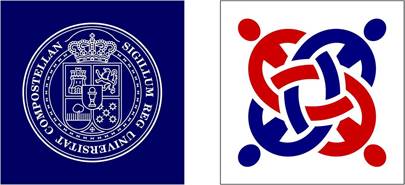 |
 |
 |








